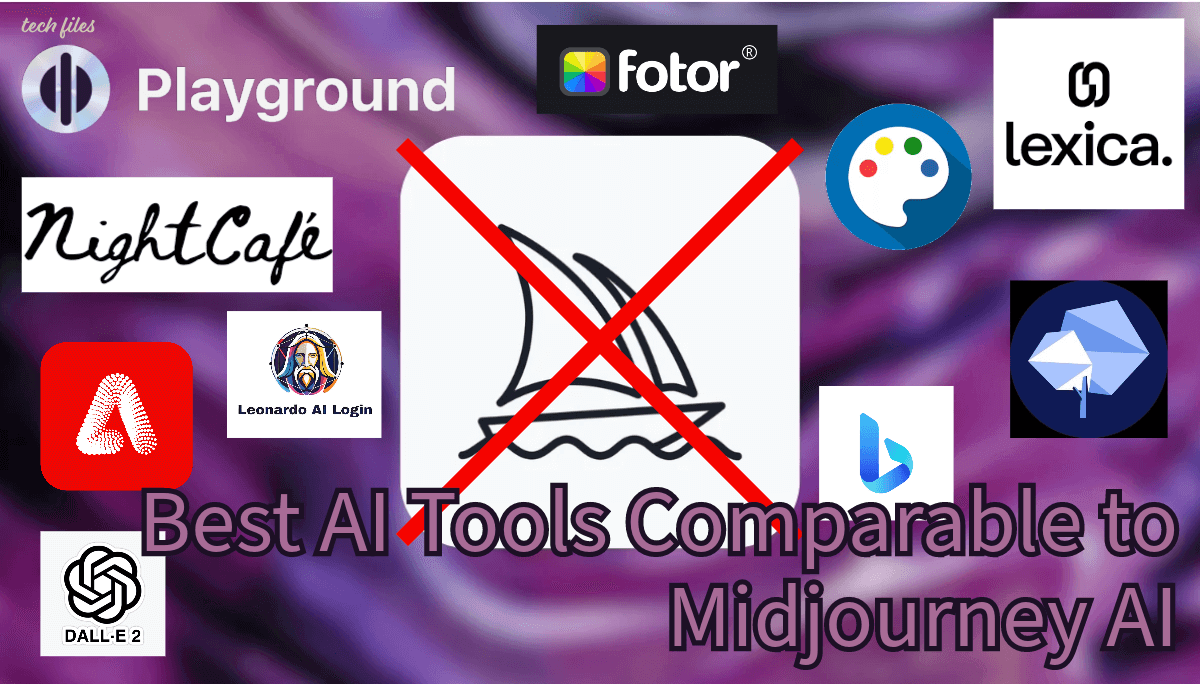Unlocking the Power of Private GPT: Revolutionizing AI while Respecting Privacy

Artificial intelligence (AI) has revolutionized various industries, empowering organizations to leverage advanced technologies for enhanced efficiency and productivity. However, concerns around data privacy and security have hindered the widespread adoption of AI models, particularly in regulated industries. To address these challenges, Private GPT (Generative Pre-trained Transformer) has emerged as a groundbreaking solution that combines the power of AI with robust data protection measures. In this article, we will explore the potential applications and benefits of Private GPT across industries, highlighting its role in revolutionizing AI while respecting privacy.
The Challenges of AI Adoption in Regulated Industries
Public AI models, such as GPT-3 and GPT-4, have demonstrated remarkable capabilities in generating human-like text and providing solutions across various domains. However, their usage often raises concerns around data privacy and security, particularly in highly regulated industries like healthcare, finance, and government. When organizations rely on public AI models, sensitive data is transmitted to third-party systems, increasing the risks of data breaches, unauthorized access, re-identification, and non-compliance with data protection regulations. As a result, many organizations have been hesitant to embrace the potential benefits of AI due to these privacy concerns.
Introducing Private GPT: A Solution to Privacy Challenges
Private GPT offers a unique solution that enables organizations to harness the power of AI while prioritizing data privacy and security. Unlike public AI models, Private GPT operates entirely on-premises or within a trusted environment, ensuring that sensitive information never leaves the organization’s secure infrastructure. This approach eliminates the risks associated with data transmission to external systems, providing organizations with full control over their data and compliance with privacy regulations.
Private GPT utilizes advanced natural language processing techniques to generate human-like text and perform various tasks. It can ingest and analyze an organization’s internal data sources, such as documents, emails, chat logs, and databases, to provide accurate and contextually relevant responses. By leveraging private GPT, organizations can achieve the benefits of AI while maintaining the confidentiality and protection of their valuable data.
Applications of Private GPT Across Industries
Private GPT holds immense potential across a wide range of industries. Let’s explore its applications in some key sectors:
1. Healthcare Industry:
Private GPT can revolutionize the healthcare industry by assisting healthcare professionals in diagnosing diseases, creating personalized treatment plans, and predicting patient outcomes. By analyzing vast amounts of patient data, including electronic health records, clinical trial data, and medical literature, Private GPT can provide valuable insights and recommendations. This technology improves the accuracy of diagnoses, enhances patient care, and enables healthcare providers to optimize treatment strategies. Additionally, Private GPT ensures compliance with strict healthcare regulations by keeping patient data within the organization’s secure infrastructure.
2. Finance Industry:
In the finance industry, Private GPT can play a crucial role in fraud detection, risk assessment, and investment decision-making. By analyzing financial data, including transaction records, market trends, and historical patterns, Private GPT can identify potential fraudulent activities in real-time. This technology enables financial institutions to take proactive measures to prevent fraud, safeguard customer assets, and maintain the integrity of the financial system. Moreover, Private GPT provides valuable insights for investment decisions, helping organizations assess risks and predict market trends.
3. E-commerce Industry:
Personalization is key to success in the e-commerce industry, and Private GPT can greatly enhance the customer experience. By analyzing customer data, browsing history, and purchase behavior, Private GPT can offer personalized product recommendations, tailored marketing messages, and customized shopping experiences. This technology enables e-commerce platforms to understand customer preferences and deliver relevant content, leading to increased conversion rates, customer satisfaction, and brand loyalty. Importantly, Private GPT ensures the privacy and security of customer data, building trust and confidence among consumers.
4. Customer Service Automation:
Customer service automation is another area where Private GPT can make a significant impact. By training the AI model on historical customer interactions, Private GPT can automate responses to customer queries, provide personalized recommendations, and offer contextually relevant solutions. This technology reduces response times, improves customer satisfaction, and allows organizations to scale their customer support efforts effectively. With Private GPT, organizations can streamline customer service processes while maintaining privacy and data security.
5. Business Decision Making:
Private GPT can be a valuable tool for data-driven decision making in various industries. By analyzing large volumes of data, including customer feedback, market trends, and historical patterns, organizations can gain valuable insights into customer behavior, preferences, and market dynamics. These insights inform marketing strategies, product development, and overall business growth. Private GPT enables organizations to make informed decisions while respecting customer privacy and complying with data protection regulations.
Implementing Private GPT: Considerations for Organizations
Implementing Private GPT requires careful planning and consideration. Here are some key factors to keep in mind:
1. Data Availability:
Private GPT models rely on high-quality and diverse datasets for training and generating accurate responses. Organizations need to ensure they have unfettered access to relevant data that aligns with their specific requirements. This may involve collecting and organizing internal data sources or collaborating with external partners to obtain the necessary information.
2. Computational Resources:
Private GPT models demand substantial computational resources for training and inference. Organizations should evaluate their existing infrastructure and determine if additional resources or infrastructure upgrades are necessary to support the implementation of Private GPT effectively. Allocating dedicated resources and expertise for maintenance and ongoing enhancements is essential to ensure optimal performance.
3. Privacy and Security Measures:
Privacy and security are paramount when implementing Private GPT. Organizations must establish robust access controls, encryption mechanisms, and data protection protocols to safeguard sensitive information. Compliance with relevant data protection regulations, such as GDPR or HIPAA, is crucial to ensure the privacy and security of customer data.
4. Integration with Existing Systems:
Integrating Private GPT with existing systems and workflows is an important consideration. Organizations should assess compatibility with their infrastructure, applications, and APIs. Seamless integration allows for efficient utilization of Private GPT’s capabilities within existing business processes.
The Future of Private GPT: Anticipated Developments and Challenges
As AI technology continues to evolve, the future of Private GPT holds immense potential for anticipated developments. Continuous advancements in machine learning and natural language processing will further enhance Private GPT’s capabilities, enabling more accurate and contextually relevant responses. However, challenges such as ethical considerations, bias mitigation, and explainability of AI models will need to be addressed to ensure the responsible and ethical deployment of Private GPT.
Conclusion
Private GPT represents a groundbreaking solution that enables organizations to leverage the power of AI while respecting privacy and data protection. Its applications span across various industries, including healthcare, finance, e-commerce, customer service automation, and business decision making. By implementing Private GPT, organizations can drive innovation, make data-driven decisions, and deliver tailored experiences to their customers. As AI technology continues to advance, Private GPT will play a crucial role in reshaping industries and ensuring privacy and security in the era of AI-powered solutions.













Sharing is caring!